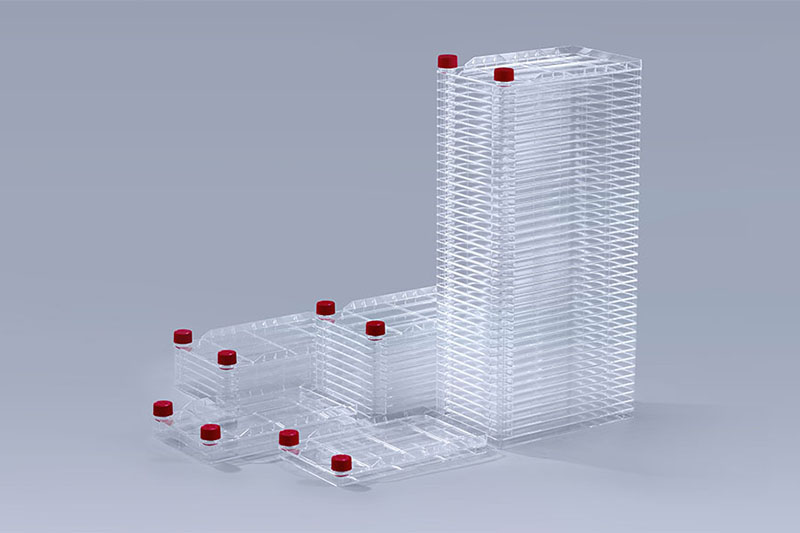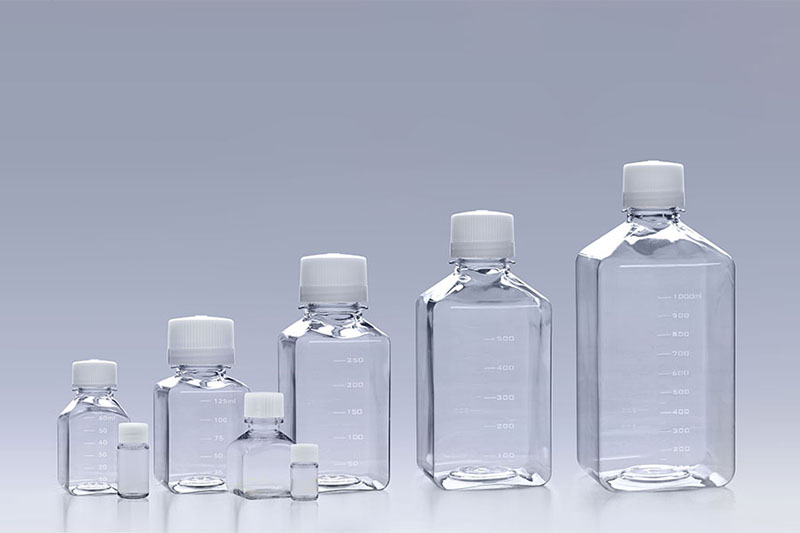October 31, 2023, the U.S. Food and Drug Administration approved Wezlana (ustekinumab-auub) as a biosimilar to and interchangeable with Stelara (ustekinumab) for multiple inflammatory diseases. Wezlana, like Stelara, is approved to treat the following indications:
Adult patients with:
moderate to severe plaque psoriasis who are candidates for phototherapy or systemic therapy;
active psoriatic arthritis;
moderately to severely active Crohn’s disease; and
moderately to severely active ulcerative colitis.
Pediatric patients 6 years of age and older with:
moderate to severe plaque psoriasis who are candidates for phototherapy or systemic therapy; and active psoriatic arthritis.
Health care professionals should review the prescribing information in the labeling for detailed information about the approved uses.
“Biosimilar medications offer additional safe and effective treatment options that have the potential to increase access for people requiring treatment for inflammatory diseases,” said Nikolay Nikolov, M.D., director of the Office of Immunology and Inflammation in the FDA’s Center for Drug Evaluation and Research. “Today’s approval could have a meaningful impact for patients managing their disease.”
Biological products include medications for treating many serious illnesses and chronic health conditions. A biosimilar is a biological product that is highly similar to, and has no clinically meaningful differences from, a biological product already approved by the FDA (also called the reference product). An interchangeable biosimilar is a biosimilar that has been shown to meet other requirements under the law and may be substituted for the reference product without consulting the prescriber. The substitution may occur at the pharmacy, subject to state pharmacy laws which vary by state, a practice commonly called “pharmacy-level substitution” — similar to how generic drugs are substituted for brand name drugs.
All biological products are approved only after they meet the FDA’s rigorous approval standards. This means health care providers and patients can expect the same safety and effectiveness from both a biosimilar and an interchangeable biosimilar, just as they would for a reference product. Biosimilar and interchangeable biosimilar products may cost less than the brand-name medicine.
“Today’s approval exemplifies the FDA’s longstanding commitment to support a competitive marketplace for biological products,” said Sarah Yim, M.D., director of the Office of Therapeutic Biologics and Biosimilars in the FDA’s Center for Drug Evaluation and Research. “This approval can empower patients by helping to increase access to safe, effective and high-quality medications at potentially lower cost.”
The FDA’s approval of Wezlana is based on a comprehensive review of scientific evidence demonstrating it is highly similar to Stelara and that there are no clinically meaningful differences between the two products in terms of safety, purity and potency (i.e., safety and effectiveness). This evidence included comparisons of the products on an analytical level using an extensive battery of chemical and biological tests and biological assays that confirmed similarity in the structural and functional features of Wezlana and Stelara (including those known to impact safety and efficacy), and comparative human pharmacokinetic data, clinical immunogenicity data, and other clinical safety and effectiveness data. The evidence also demonstrated that Wezlana met the other legal requirements to be interchangeable with Stelara at the pharmacy level.
Like Stelara, the most serious known side effect of Wezlana is infection. The most common adverse reactions with ustekinumab products are nasopharyngitis, upper respiratory tract infection, headache, fatigue, nausea, vomiting, injection site erythema, vulvovaginal candidiasis/mycotic infection, bronchitis, pruritus, urinary tract infection, sinusitis, abdominal pain, influenza, fever and diarrhea.
The labeling for Wezlana, like Stelara, contains a warning to alert health care professionals and patients about an increased risk of serious infections leading to hospitalization. There is also a warning that some malignancies, hypersensitivity reactions, and cases of Posterior Reversible Encephalopathy Syndrome have been reported in patients who received Wezlana in clinical studies. Wezlana must be dispensed with a patient Medication Guide that describes important information about its uses and risks.
The FDA granted the approval of Wezlana to Amgen, Inc.
Source: https://www.fda.gov/news-events/press-announcements/fda-approves-interchangeable-biosimilar-multiple-inflammatory-diseases
The FAI climbed 5.9 percent year-on-year in the first 11 months of 2018, quickening from the 5.7-percent growth in Jan-Oct, the National Bureau of Statistics (NBS) said Friday in an online statement.
The key indicator of investment, dubbed a major growth driver, hit the bottom in August and has since started to rebound steadily.
In the face of emerging economic challenges home and abroad, China has stepped up efforts to stabilize investment, in particular rolling out measures to motivate private investors and channel funds into infrastructure.
Friday's data showed private investment, accounting for more than 60 percent of the total FAI, expanded by a brisk 8.7 percent.
NBS spokesperson Mao Shengyong said funds into weak economic links registered rapid increases as investment in environmental protection and agriculture jumped 42 percent and 12.5 percent respectively, much faster than the average.
In breakdown, investment in high-tech and equipment manufacturing remained vigorous with 16.1-percent and 11.6-percent increases respectively in the first 11 months. Infrastructure investment gained 3.7 percent, staying flat. Investment in property development rose 9.7 percent, also unchanged.
 English
English



















































 Cell Factory
Cell Factory PETG Media Bottles
PETG Media Bottles